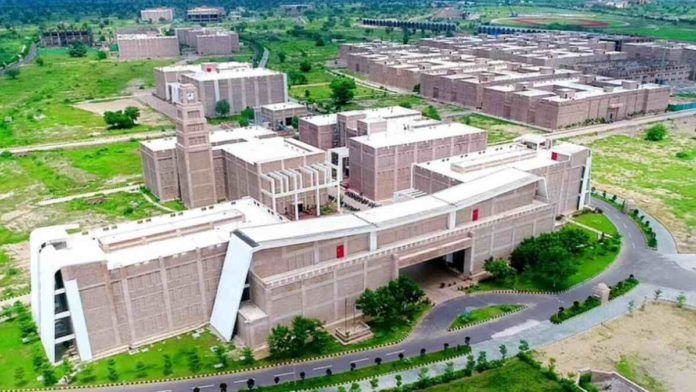Researchers of the Indian Institute of Technology (IIT) Jodhpur have developed a novel artificial intelligence (AI) algorithm that can accurately detect cataracts.
The researchers discovered that eye images captured by low-cost near-infrared (NIR) cameras could help in low design costs, ease of use, and practical cataract detection solutions.
Therefore, the AI solution developed by IIT Jodhpur researchers can make the diagnosis and detection of cataracts more accessible and affordable for the public. The research has been published in the Computer Vision and Image Understanding journal.
Read More: Microsoft identifies New Privilege Escalation Flaws in Linux Operating System
According to the study, the proposed method can be used in rural areas where doctors are scarce. The traditional procedure for cataract detection involves using costly ophthalmoscopes that capture fundus images and can only be operated by experienced professionals, making the processes extraordinarily technical and challenging to carry out. IIT Jodhpur’s solution to this problem can revolutionize cataract detection.
The researchers mentioned, “Known as MTCD, the proposed multitask deep learning algorithm is inexpensive and results in very high levels of accuracy. This research presents a deep learning-based cataract detection method that involves iris segmentation and multitasks network classification.”
They further added that the proposed segmentation algorithm detects non-ideal eye boundaries efficiently and effectively.
Dr. Mayank Vatsa and Dr. Richa Singh from IIT Jodhpur’s Image Analysis and Biometrics (IAB) Lab theorized the study, which was supported by UG and Ph.D. students Mahapara Khurshid, Yasmeena Akhter, Rohit Keshari, Pavani Tripathi, and Aditya Lakra.
“We are extending this research to include both cataract and diabetic retinopathy in the solution and have collaborated with multiple hospitals in the country for domain expertise, data collection, and validation of the solution,” said Dr. Mayank Vatsa.


